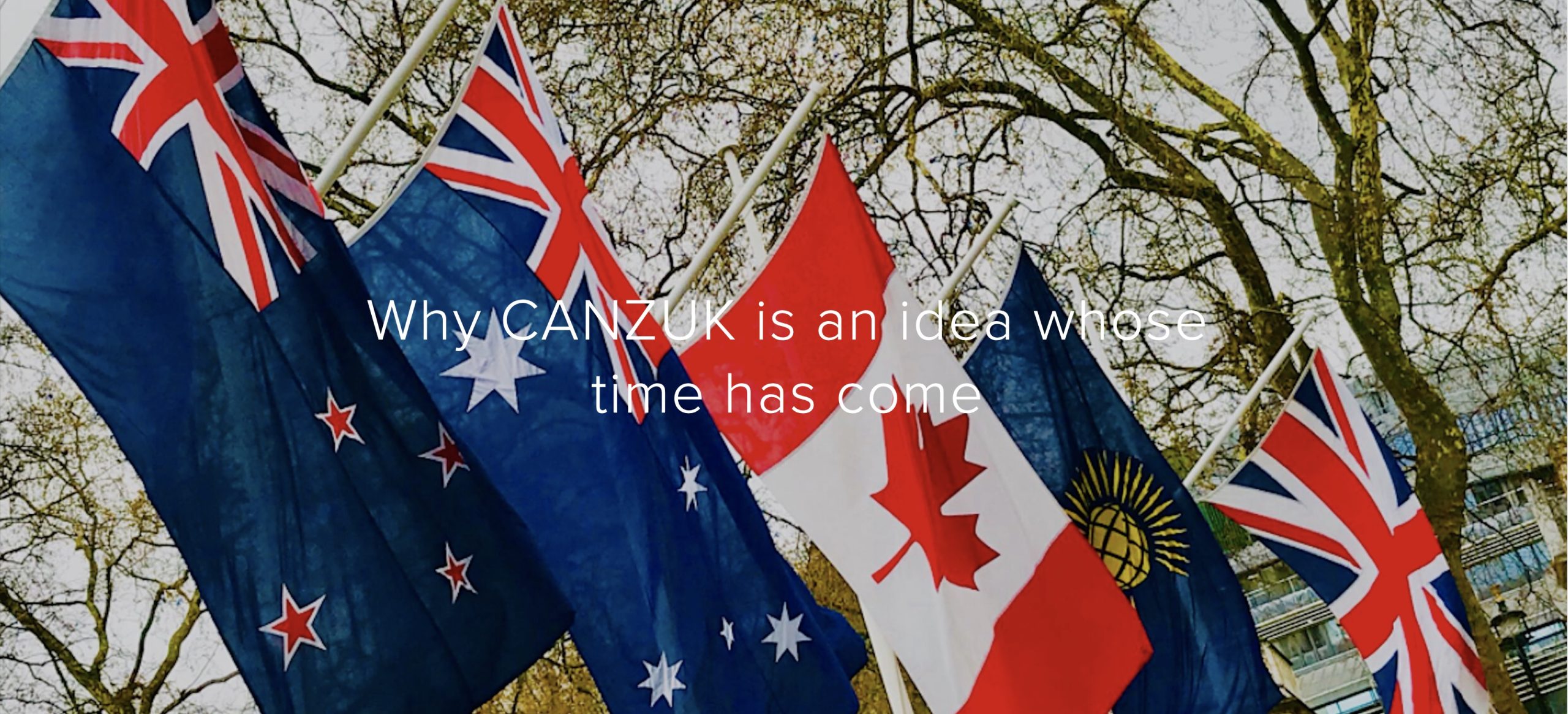By Jonathan Saxty
FULL DISCLOSURE, I don’t hate European cooperation. I could understand the concept of a broad and loose association of neighbours. The kind of thing most Brits thought the Common Market was in the 1970s. We can look across the planet and see similar groupings – with varying degrees of integration – from the Arab League to NAFTA. Yet not one of these has taken it upon itself to begin the transformation into a political union. Being neighbours is a good reason to get on well. It isn’t a good reason to open a joint bank account. EFTA was probably as far as European integration could, or should, have ever gone.
The point is geography is not enough to bind countries together. If the EU model works, why do India and Pakistan not try it? How about China and Japan? One of the common arguments in favour of EU integration is the fact Europeans spent much of the twentieth century knocking hell out of each other. But so too did China and Japan. So have India and Pakistan. Internecine warfare has never been exclusive to Europe.
If – as some suggest – the countries of the EU are too small to survive on their own, one may say China and India are able to survive without being part of a club. But that would not apply to Japan and Pakistan. Moreover, economically speaking, India is not ‘there yet’ and the concept of the EU is not supposed to be just about economics. The EU is also about ‘keeping the peace’. This brings China and India back into the picture. Indeed, what about Japan and South Korea? Combined, they have a similar GDP to France and Germany. If France and Germany need to be part of something bigger then why don’t Japan and South Korea? If so for Europe, why not for Asia?
In theory, micro-European Unions could be a good idea. If – and it’s a big if – the democratic mandate was there, unifying Austria and Germany could make sense, although the last time this happened there certainly was no such mandate. (Contrast how the western half of Germany is willing to subsidise the eastern half, whereas Germany as a whole is unwilling to subsidise other European countries.) If the democratic mandate was there, splitting Belgium into its constituent parts to join France, Germany and the Netherlands could make sense. Incidentally, the fact Belgium (and Switzerland) remains linguistically divided speaks volumes. If the Nordic countries wanted another crack at unification, or if Portugal and Spain fancied their luck, then okay. These countries have common aspects of their cultures, family ties or languages. They have more than just geography to go on. But do Germany and Spain? Do Italy and the Netherlands? Do Finland and Romania? Do we really believe the diametrically opposite views of Western and Eastern Europe can ever be reconciled?
Geography has never mattered less. Consider communications. You may be reading this on a smartphone. Some of you will be very far from the UK. You have WhatsApp, email and apps to chat and connect with people in lightning speed across the planet. Look at the ease of shipping and international trade. This is a long way from the world of the European Coal and Steel Community. Today, the only countries which should contemplate ‘moving in together’ would be countries which have common histories and cultural ties: the kind of things which transcend transient economic considerations. These are the very characteristics which the CANZUK countries of Canada, Australia, New Zealand and the UK share.
One popular response to this line of thinking is that Australia, Canada and New Zealand are now too economically tied to China. They have moved on and have nothing to gain from any connection to Britain, or indeed each other. Maybe. But the one certainty in international relations is its inherent uncertainty. For many readers, when they were born the Soviet Union was the world’s second superpower. Today the Soviet Union doesn’t even exist. Things change. History loops, and the experts may well be wrong about China.
If I were an Australian, Canadian or New Zealander, I certainly wouldn’t be putting all my eggs in one Sinocentric basket. This isn’t just about economics, but common security as well as geopolitics. If the King of Spain was also the King of Mexico, do we honestly believe Mexico and Spain would view each other as just another country? In any other point in history, sharing a Head of State and Commander-in-Chief – not to mention a common language (Quebec aside), culture, family ties, a legal system and a political system – would be seen as a unifying bond. The EU may right now have more people than CANZUK. But look at Europe and CANZUK on a map, and you will soon see the different potentials for growth.
No one is suggesting CANZUK shares a currency. Indeed, Canada had its own currency during the British Empire’s heyday. No one is suggesting pegging currencies. No one is suggesting Saskatchewan makes laws for New South Wales (or vice versa). But these countries are family and no, we are not talking about ethnicity. We are talking about the very fabric of these places: values, ideals and place in the world. There is enough there to do something far greater than what exists today. This is something the EU just does not have. Maybe that’s a shame. But it is what it is. We must now begin to articulate a new, bold and healing vision for Britain after Brexit. CANZUK is an idea whose time has come.
Jonathan Saxty is a businessman based in London. Educated at LSE and Cambridge, and called to the Bar as a double scholar at Lincoln’s Inn, he is an entrepreneur with a passion for improving peoples’ lives. Jonathan’s particular area of interest is Britain’s long–term geopolitical and economic future after Brexit.

